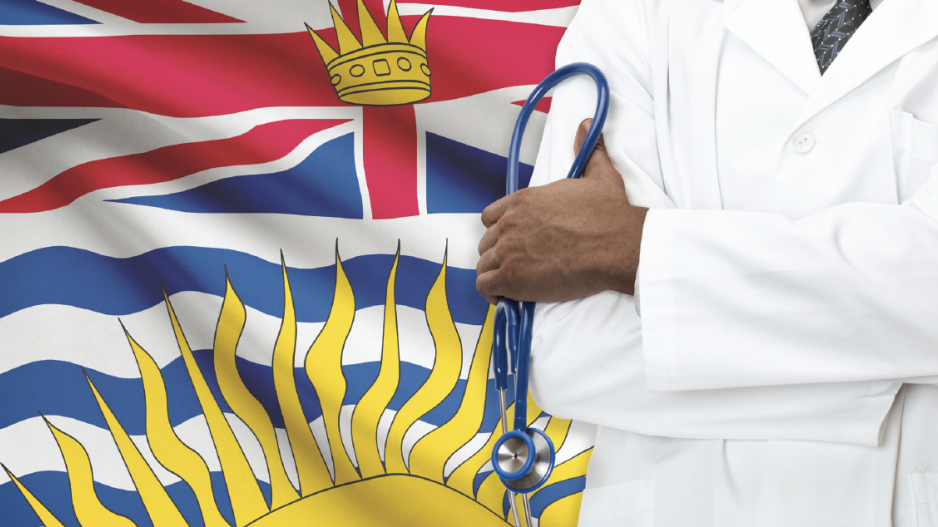Many British Columbians could be facing property tax increases to cover the province’s shift away from Medical Services Plan premiums.
In Victoria, city staff say a 2% increase in property taxes — or corresponding cuts in services — could be needed in 2019 to cover the province’s new tax on payrolls. Instead of individuals and families paying MSP premiums, costs will be shifted to the payroll tax. To cover the tax on Victoria municipal worker payrolls, that could mean a total property tax increase next year of 4.5-5% when other increases are included.
“I strongly feel that property taxes should not fund health care,” said Victoria Mayor Lisa Helps. Helps said she has already sent the staff report to Finance Minister Carole James, and that at the very least the province should consider phasing in the new tax over five years.
She said businesses will face a double whammy with the tax.
“When you think about the business community, they’re going to have to pay this anyway already for their own employees and then they’re going to have to pay it again through higher property taxes.”
Starting January 1, 2020, the province will levy the full payroll tax to offset the elimination of MSP premiums, meaning employers with payrolls totalling more than $1.5 million annually will face a 1.95% hit; payrolls between $500,000 and $1.5 million will get a reduced rate.
The Employer Health Tax will be phased in next year, with employers having to pay 50% of MSP premiums as well as the Employer Health Tax.
“We are definitely looking at a 2% increase as well,” said Esquimalt Mayor Barb Desjardins. “Two per cent is a lot of money and that’s without even looking at what else is coming at you. So to have that sense that already I can see next year’s taxes are going up by 2% is a very scary thing,” Desjardins said.
View Royal estimates at least a 1% tax increase to cover additional costs, said Mayor David Screech.
“I just feel that it’s an off-loading once again onto municipal taxpayers,” said Screech. “We just see that too often, these expenses being downloaded onto property taxes. That’s the only way we can recoup that money is to increase property taxes.”
Oak Bay staff estimate an incremental cost of about $200,000 a year with the change — equivalent to about a 1% tax lift, said Mayor Nils Jensen.
“Over the years both the provincial and the federal governments have programs and roles that have downloaded costs on us,” Jensen said. “It’s always a concern when that happens but we have no choice but to pay it.”
The Union of B.C. Municipalities is preparing a position paper to be released this week on the new tax.
Kris Sims, B.C. director of the Canadian Taxpayers Federation, noted that while the NDP promised during the election campaign to get rid of MSP premiums, “they said nothing about sticking cities, towns, and employers with the new bill.”
Sims said the province should eliminate the premiums and pay for health care through existing budgets without the new tax.
Victoria city staff say the estimated impact to the city of the new tax will be $2.3 million, including an estimated $400,000 for the MSP premiums that remain in effect for 2019 — the equivalent of a 2% tax increase.
But the Victoria’s strategic plan for 2015-2018 sets a maximum tax lift of inflation plus 1%. If councillors want to maintain that through 2019, the only recourse would be to cut services, says a staff report.
“Should council provide the same direction for 2019, the cost of the new health tax cannot be accommodated without impacting service levels,” says the report.




